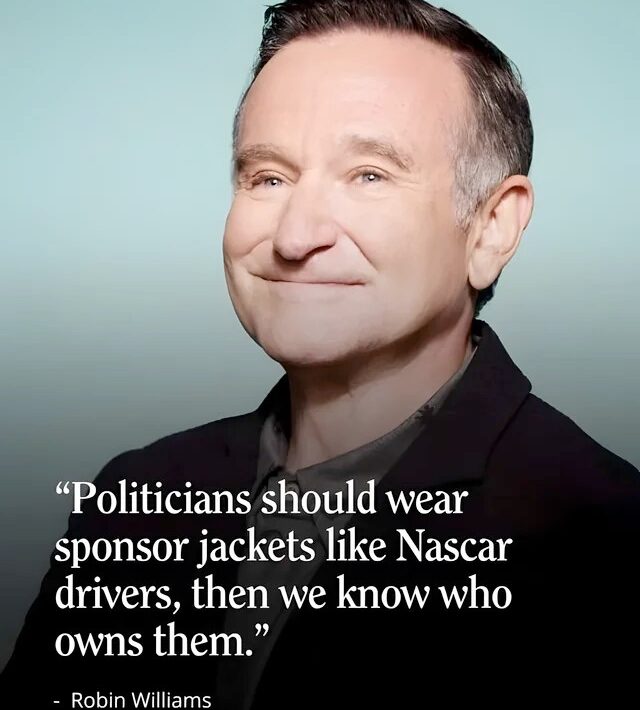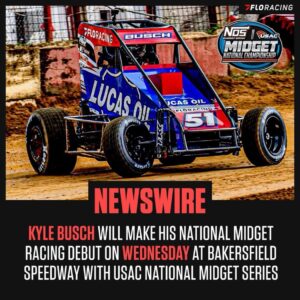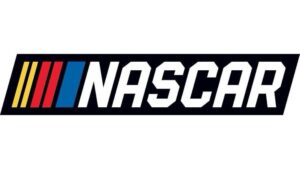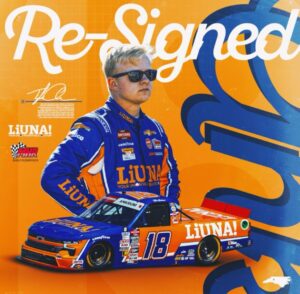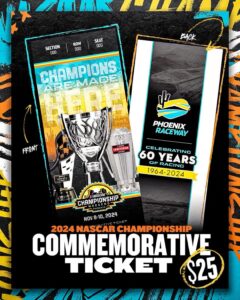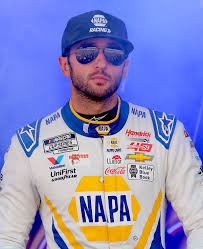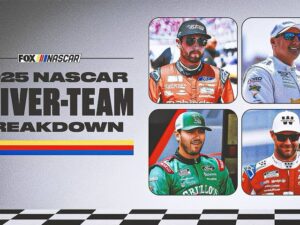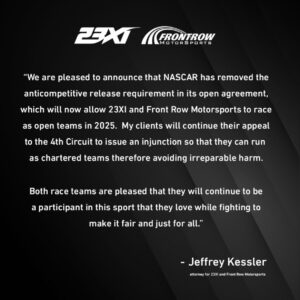Imagine watching a political debate where the candidates’ suits are emblazoned with patches representing their biggest donors, much like the race cars and fire suits of NASCAR drivers. It’s a satirical idea that has gained traction over the years, credited to figures like Robin Williams and Jello Biafra, the punk rock frontman turned political activist. While humorous on the surface, this concept has a serious undertone: calling attention to the influence of money in politics and promoting transparency in campaign funding.
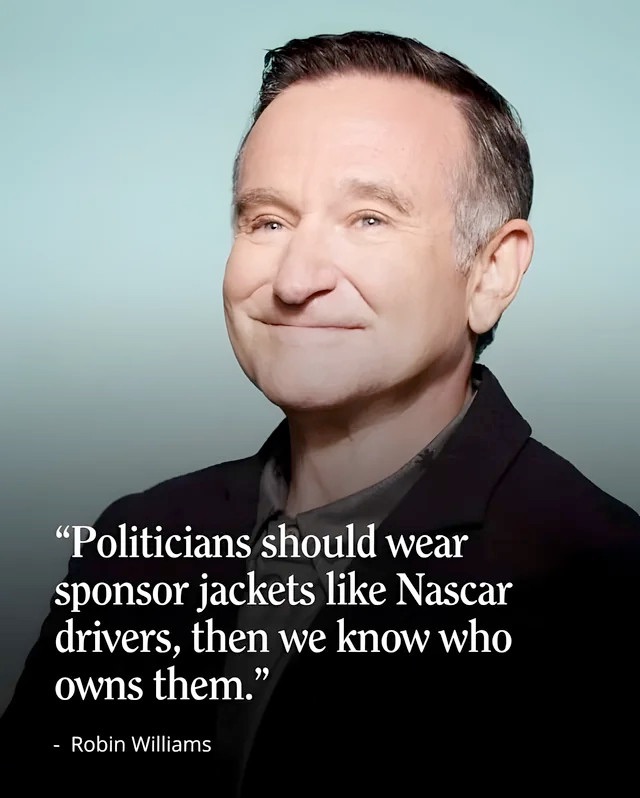
The NASCAR Sponsorship Model
NASCAR drivers proudly display their sponsors on their cars and uniforms. From energy drinks to car parts manufacturers, these logos tell a story of who supports the team and makes their racing possible. It’s a model of transparency that fans accept as part of the sport’s culture.
Translating this model to politics, the idea would be for Members of Parliament, Senators, or other public officials to display the logos or names of their major campaign donors. A politician heavily funded by pharmaceutical companies might have their logos prominently displayed, while one backed by labor unions might wear badges representing those groups.
This concept isn’t just a jab at political funding; it’s a push for accountability. If voters could see who finances a candidate at a glance, they might better understand the motivations behind their decisions and policies.
Jello Biafra’s Vision
Jello Biafra, the outspoken former lead singer of the Dead Kennedys, ran for mayor of San Francisco in 1979 on a platform of radical ideas, including requiring politicians to wear sponsor patches. While his candidacy was largely satirical, it sparked a serious conversation about the intersection of money and governance.
Biafra’s vision aligned with the punk ethos of exposing hidden power structures. By making campaign funding visible in such a stark, unavoidable way, the public could better scrutinize who truly holds sway over elected officials.
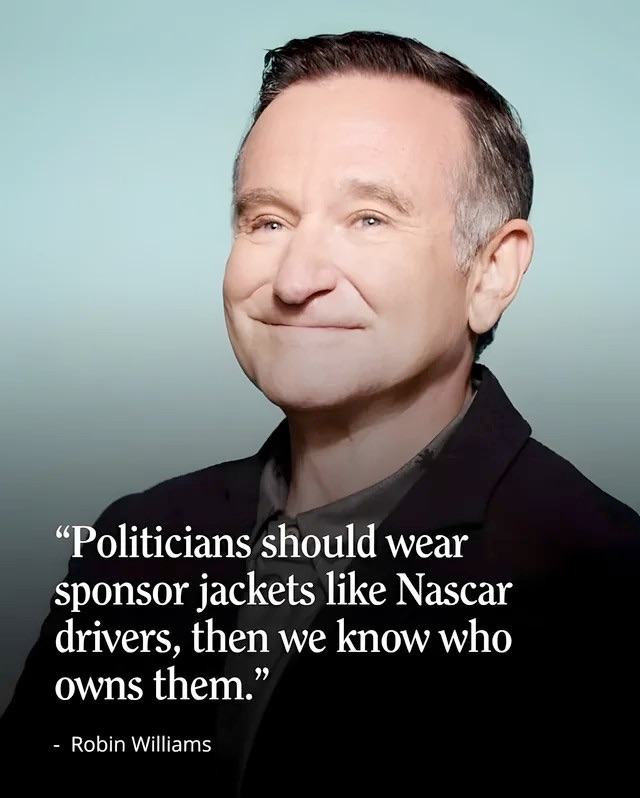
Robin Williams and the Modern Context
Comedian Robin Williams famously popularized the idea during one of his routines, humorously imagining Congress looking like a NASCAR race, complete with brightly colored suits displaying the logos of corporate sponsors. Williams’ delivery was comedic, but the underlying message was sharp: modern politics often feels more beholden to donors than to voters.
This idea resonates in today’s polarized political climate, where distrust of government and corporate influence runs high. Social media has amplified calls for transparency, and “NASCAR-style” labelling could bring the conversation into the digital age.
The Case for Sponsor Labelling
Advocates argue that forcing politicians to wear their donors’ logos would provide immediate transparency. Campaign finance reports can be complex and obscure, requiring journalists or watchdog groups to sift through mountains of data. A visual representation would make the relationships between money and power plain to the average voter.
This could also deter candidates from accepting money from controversial donors. If accepting funds from, say, a tobacco company or a lobbying group with a poor public reputation meant displaying their logo prominently, politicians might think twice about aligning with them.
Challenges and Criticisms
Of course, implementing such a system would face significant hurdles. Critics might argue that it reduces complex relationships to oversimplified symbols, potentially misrepresenting candidates’ positions. Others could claim it stigmatizes legal campaign contributions, discouraging legitimate political participation.
Moreover, the logistics of such a proposal would be daunting. Would small-dollar donors be represented? How would independent expenditures or Super PACs, which often influence elections without direct coordination, be accounted for?
A Catalyst for Change?
Even if the idea remains satirical, it serves as a powerful metaphor for the need for greater transparency in campaign finance. The U.S. Supreme Court’s Citizens United decision in 2010, which allowed unlimited independent political spending by corporations and unions, has only heightened concerns about money’s outsized role in elections. Proposals like “NASCAR labelling” remind voters to demand accountability from those in power.
Taking the Conversation Online
Social media could be the perfect platform to test this idea. Imagine Twitter threads where users digitally “label” politicians with logos representing their biggest contributors, based on publicly available campaign finance data. This grassroots approach could generate widespread awareness and spark debates about reforming campaign finance laws.
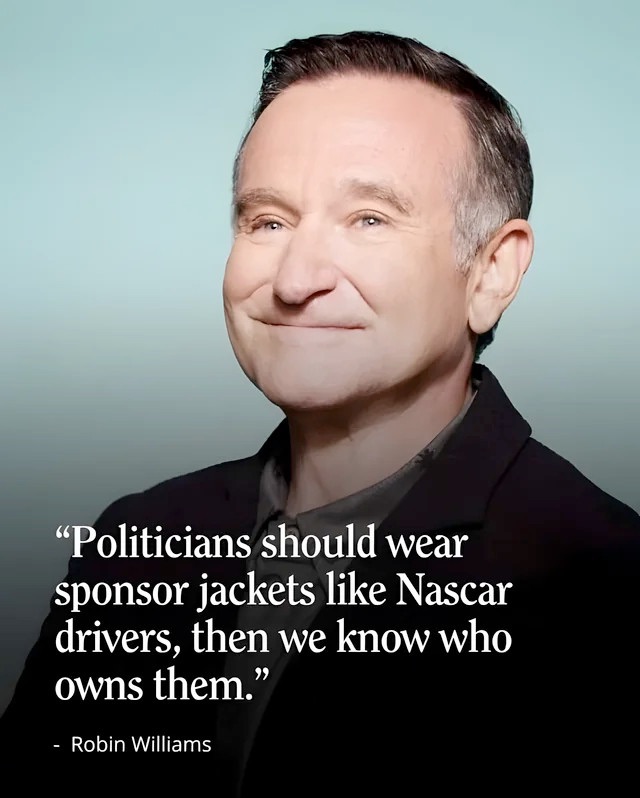
The concept of NASCAR-style labelling for politicians may have started as satire, but its implications are anything but a joke. By visualizing the influence of money in politics, it challenges voters to ask hard questions about whose interests are being served. Whether through comedy, activism, or social media campaigns, the idea continues to fuel a much-needed discussion about transparency and accountability in modern governance.
